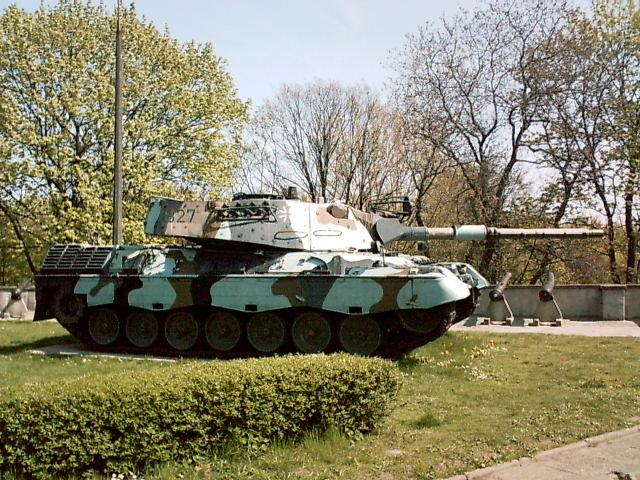
Krakow wall from Jewish grave stones
In my article "Is there a 'true value' or a 'relative value' of our servicemen and women" this was stated:
"The nation can never 'wear the shoes' of those who have witnessed battle at first hand. Moreover, military awards are inevitably relative and political. Many who should have received such acknowledgement never did. Perhaps no one saw what actually happened. Often an officer was celebrated for what his men achieved, at great risk and cost to themselves. They were the ones in mortal danger.
"What the public see is a military man in formal dress being presented an award by a civilian, quite possibly the Governor General who is constituently the head of Australia's military. The soothing words convey very little, if anything, of the battle experience. But, this is the way it must be. Civilians are a deadly menace on the front line. Battle is the role of the military. There is a demarcation line. The civilian population rarely gets a true picture, the gut wrenching sense of abandonment is beyond words.
"The military person puts their life on the line and for the many who "don't really care." This sadly, will always be the story. Military history also spells out the high respect for military chaplains gained over a century of warfare (Australians had Padres in the Boar War). Sacrifice is front and centre in Christian thought."

Warsaw battle statutes
There comes a time
Like all things, there comes a time when the nation's policy will change, and new direction given and this includes military conflict. In some situations, and we can name them through the last century, such as various military ventures that failed to meet their 'optimal results', that the better part of valour was to in effect, 'get out of there'.
Ecclesiastes is very clear, that in this life, there is a time to everything, and for Australia, this includes wars. There will be a time to end a war, there will be a time to conclude a conflict, there will be a time to withdraw troops.

Tank at the military museum in Warsaw
Put down to experience, yet again
In the film 'A Bridge Too Far' the final scene has the top military commanders discussing what went wrong. The Allies had lost the battle for Arnhem Bridge and thus closing off a highway into Nazi Germany across the Rhine River in late 1944. They were stopped in their tracks. Many soldiers had lost their lives in this futile battle.
One commander blamed the fog, another the drop zones being so far from the target, another the communications wireless sets failing, another this, another that. But not one of them, not even one, fell on their swords taking personal responsibility for the lives lost and the poor planning that led directly to the loss of the battle.
The loved ones at home received a telegram followed by a letter that their son or father or husband had fallen for King and Country.
What of those Australian soldiers who were killed in the Iraq and Afghanistan conflicts, or others which were deemed un-winable? War is a dirty business, atrocities are part and parcel of any war. Iraq and Afghanistan has been no different. This Sydney Morning Herald article "Afghanistan mission a total failure" spelt out the reasons.
Planning a half war is designed to failure. Jesus spoke of this. The theology of a Just War has a long history, and no one is in dispute that the War against Nazi Germany was a Just War. The concentration and death camps bought to book dissenters.
The Mali situation is a classic situation where the French military have "not gone in" with an attitude of a half war. The horror of the jihadi and ISIS is a warning to us all. We can think of Manchester, London, Melbourne and any number of illustrations of a half war.
Even a cursory glance of a society gone mad when the Jihadists and ISIS take over reveals what needs to be done to rid us of such evil and its by no means "any half measure".
Perhaps those who send our military into half wars might be reminded of Proverbs 2 verse 3: "Yes, if you cry out for discernment, And lift up your voice for understanding."

Warsaw square
Dr Mark Tronson is a Baptist minister (retired) who served as the Australian cricket team chaplain for 17 years (2000 ret) and established Life After Cricket in 2001. He was recognised by the Olympic Ministry Medal in 2009 presented by Carl Lewis Olympian of the Century. He mentors young writers and has written 24 books, and enjoys writing. He is married to Delma, with four adult children and grand-children. Dr Tronson writes a daily article for Christian Today Australia (since 2008) and in November 2016 established Christian Today New Zealand.
Mark Tronson's archive of articles can be viewed at
http://www.pressserviceinternational.org/mark-tronson.html

Dr Mark Tronson - a 4 min video
Chairman – Well-Being Australia
Baptist Minister 45 years
- 1984 - Australian cricket team chaplain 17 years (Ret)
- 2001 - Life After Cricket (18 years Ret)
- 2009 - Olympic Ministry Medal – presented by Carl Lewis
- 2019 - The Gutenberg - (ARPA Christian Media premier award)
Gutenberg video - 2min 14sec
Married to Delma for 45 years with 4 children and 6 grand children